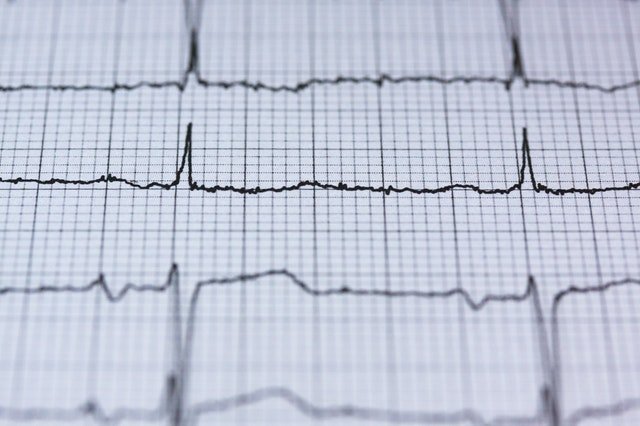
Atrial fibrillation, or AF, is the most common type of abnormal heart rhythm disease.
People with this disorder have problems with the rate or rhythm of the heartbeat. They may experience too fast heartbeat, too slow heartbeat, or irregular heartbeat.
People with AF may not feel the disease. But their ECG can show that the electrical signals are different from those with normal heart rhythm.
So why does AF happen?
Researchers find that in AF, blood pools in the atria. It isn’t pumped completely into the heart’s two lower chambers, called the ventricles.
As a result, the heart’s upper and lower chambers don’t work together as they should.
AF can cause heart failure or chest pain. It is also linked to higher risk of stroke.
In a recent study from University of Birmingham shows that people with AF should continue their treatment even after their heart rhythm seems to have returned to normal.
The researchers examined health records from 640 GP in the UK. They focused on the stroke diagnosis in three group of patients.
In the first group, patients were with ongoing AF; in the second group, patients’ AF had resolved; and in the third group, patients never had AF.
The research team found that in people who never had AF, the stroke diagnosis was the lowest.
Surprisingly, in people with ongoing AF and people whose AF had been treated, the stroke diagnoses were nearly the same, much higher than the rate in people who never had AF
The results confirm that AF is a big risk for stroke. Moreover, even AF has been treatment, patients are still at a high risk of stroke and they need to continue the treatment.
One important treatment of AF is clot-prevention drugs. When patients had their AF treated, they may stop using the drugs.
The researchers suggest that clot-prevention drugs are important even after the AF has resolved.
The researchers said, “Atrial fibrillation can be present one day and absent the next, so giving someone the all-clear may be a mistake.”
Another possibility is that it can come back. Many people don’t know when they have this condition and it can come back without them or their doctor realizing.”
“GPs keep a register of people with atrial fibrillation, this means they are reviewed regularly and are prescribed clot-preventing drugs.”
“But if the atrial fibrillation seems to have resolved they are taken off the register and rarely continue their treatment. It is as if they fall off the radar.”
“We have shown they are still at high risk of stroke and should still be treated. We cannot ever safely consider atrial fibrillation to have resolved.”
The study is published in BMJ.
Copyright © 2018 Knowridge Science Report. All rights reserved.



